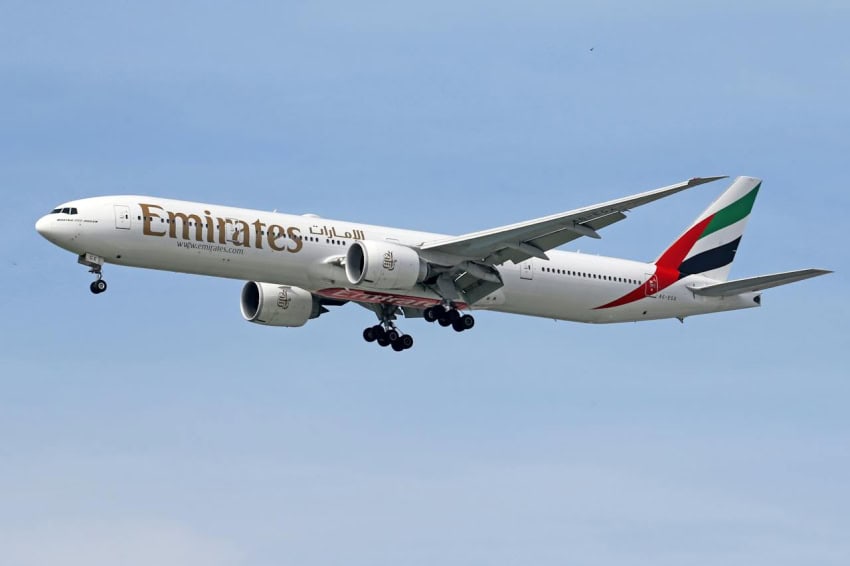DUBAI – Foreign residents in the United Arab Emirates (UAE) can now experience faster Schengen visa processing and lowered airfares, enhancing travel opportunities to Europe.
Although UAE passport holders enjoy visa exemptions, foreign residents previously faced a lengthy visa application process of up to two months. European embassies in the UAE have streamlined this, offering booking slots enabling visas within two weeks in a major relief to foreigners and expats.
At the same time, heightened competition among airlines has led to decreased airfares. For instance, flights to major European cities now fall below USD 301.70 (Dh 1,108.08). The surge in travel demand to Europe in 2023, by 40-50 percent, has particularly drawn UAE travelers to destinations like Spain, Switzerland, Italy, France, and Germany in April.
Analyzing the changing economy fares for the Dubai to Paris route, flight costs in December 2023 were around USD 452.55 (Dh 1,662.13) but projections for January 10-24, 2024, reveal significantly reduced fares at USD 143.20 (Dh 525.94) via Wizz Air and USD 271.09 (Dh 995.66) via Emirates, demonstrating the tangible benefits accruing to UAE expats due to this enhanced visa processing and lowered airfares.
It bears mentioning that the border-free Schengen zone has expanded to 27 countries with the addition of Croatia from January 1st, last year.
Croatia is the latest country to enter into the zone having 420 million people. Before the latest enrollment, Norway, Switzerland, Iceland and Liechtenstein along with 22 European countries were part of the zone which offers a single visa to roam around these countries.
Croatia has also ditched its own currency in favour of Euro; the country committed to joining the eurozone when it became the EU’s newest member in 2013.
What is Schengen Zone
The zone was created in 1985 and allows people and goods to travel freely, usually without showing travel or customs documents. This creates opportunities for tourism related revenue for the countries and offers virtually no hurdle for travelers.
The following are part of the zone along with Croatia:
Austria, Belgium, the Czech Republic, Denmark, Estonia, Finland, France, Germany, Greece, Hungary, Iceland, Italy, Latvia, Liechtenstein, Lithuania, Luxembourg, Malta, the Netherlands, Norway, Poland, Portugal, Slovakia, Slovenia, Spain, Sweden and Switzerland.
As far as the visa requirements are concerned, the Schengen Zone allows nationals of certain countries to enter the Schengen Area via air, land or sea without a visa for stays of up to 90 days within a 180-day period, while determining the criteria others must meet when making similar visits to Schengen states.
Nationals of EU countries are not only visa-exempt but are legally entitled to enter and reside within each other’s borders visa free. This freedom of movement can, however, be limited in rare cases, as stipulated by EU treaties.














